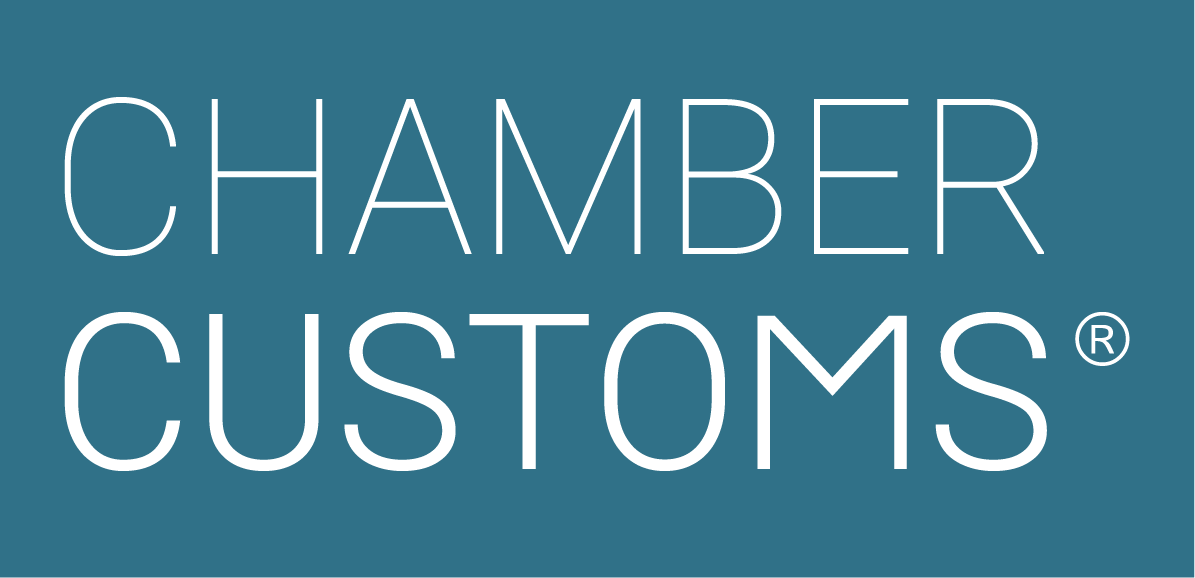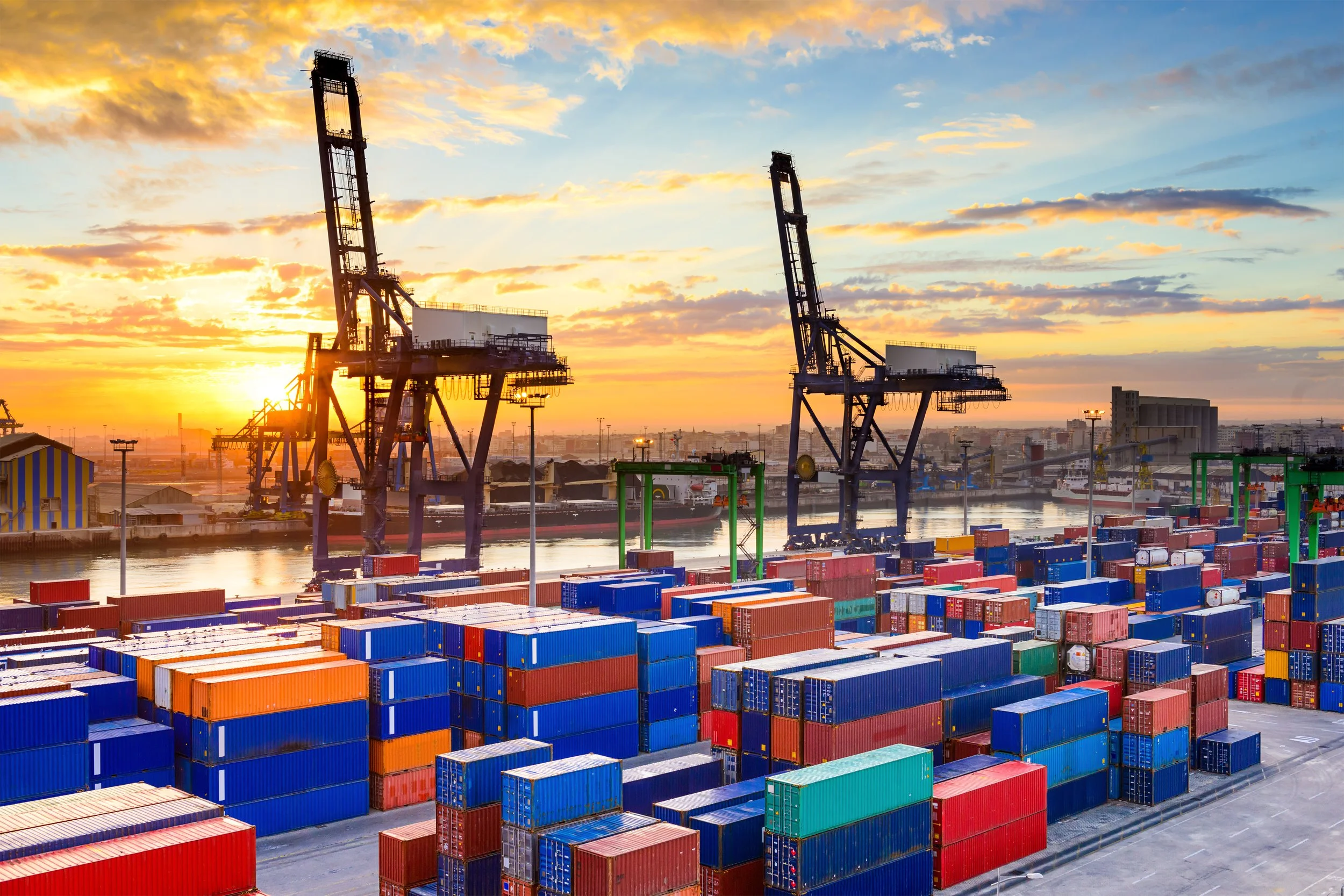Understanding Taxes, VAT, Duties and Tariffs for Imports
What are tariffs?
How do I calculate UK import duty and other taxes?
What is the difference between duty and tax?
Tax is the generic word used to indicate money owed to the government on the movement of goods.
Import duty is a type of tax payable on the value of imported goods.
Value Added Tax (VAT) is another type of tax payable by the end consumer.
It can be accounted for at various stages in the flow of goods into the country and all the way along the chain to the end consumer.
When goods are imported, there are other special taxes such as Excise Duty, payable on alcohol and fuel. In the UK, HMRC (Her Majesty's Revenue and Customs) negotiate a preferential rate of import duty with certain countries and impose an additional duty, called Anti-Dumping duty, on goods that are considered to have been unfairly subsidised by foreign governments. This duty aims to level competition for UK producers.
What is the difference between duty and VAT?
Import Duty and Value Added Tax are the two most common types of Tax payable when importing goods into the UK. In short, these are called duty and VAT.
How do I calculate duty and VAT?
When goods come into the country and cross the border, various taxes may be payable.
To find out what you will have to pay in the UK, you need to look at The UK Tariff and then you can use the ChamberCustoms UK Import Tax Calculator.
You will need to locate your product by searching the Tariff by keywords or by looking up the product’s commodity code if you know it. Another critical element to know is the country of origin of your product.
Let’s look at your commodity code first to understand which rate applies to your product.
You will always find a duty level available for All Third Countries.
This rate is available independently of the origin of your product.
Your goods may benefit from a preferential rate of import duty. For example, about 90 per cent of goods coming into the UK from the EU are duty-free, although VAT may be payable on some of them.
Preferential Rates
If you want to take advantage of preferential rates, you will need to ensure that your goods qualify both in terms of origin and the country from which the goods are travelling.
Let’s look at an example:
Imagine that you want to import Fresh Avocados.
If your goods don’t have a preferential origin, for example, if your avocados were grown in China, you would have to pay 4% in import duty.
However, if the avocados have certified Mexican origin and come directly from Mexico, you could take advantage of a 0% preferential duty.
Preferential duty rates are the result of international trade agreements. However, there are strict rules you must follow to benefit from these rates.
Here are a few things that you will need to consider to be eligible for the 0% preferential rate for Mexican origin Avocados (our example):
The avocados would need to be grown in Mexico or ‘substantially transformed in Mexico’ to be considered ‘of Mexican origin’.
Depending on the value, the correct documentation and origin declarations would need to be associated with the goods to support the preferential rate claim.
The ChamberCustoms Customs Duty Calculator will show you the available rates for your product. One of our friendly customs advisors will be able to help you with any specific queries relating to the different rates of duty available for your import.
BESPOKE CUSTOMS ADVICE
Our team of customs experts have decades of operational experience in all aspects of customs. As well as advising clients we are also called on by government departments for our expertise in helping develop policies that will work for business.
A CUstoms broker near you
The ChamberCustoms network is never far from you with over 40 locations across the UK, from Inverness in the north to Dorset in the South. We operate in every country of the UK and we’re directly connected to all air, sea, ro-ro and rail port inventory systems.
-
The UK Tariff is the official set of rules and regulations governing the movement of goods into and out of the UK.
It’s split into three volumes and numerous appendices.
Most frequently, traders would refer to the Tariff to check specific requirements and duty rates that apply to particular goods.
Continuing with our example of importing fresh avocados of Mexican origin from Mexico, you would lookup the UK Tariff online, search for avocados (by description or by commodity code), go to the import tab, select the country of origin and look at the resulting duty rates and requirements.
The ChamberCustoms UK Import Customs Calculator does this work for you quickly and easily. Although you should only use it to obtain an estimation of duty payable, it’s a robust and reliable resource.
ChamberCustoms offers complete training on this topic if you and your team would like to learn more.
-
In short, no.
Once a declaration has been accepted by Customs (HMRC), this has legal value.
If you have made a mistake or the customs declaration has been completed incorrectly, you will have to pay duty. If the duties have already been paid, you can apply to HMRC to get any overpaid duty reimbursed.
This is something that ChamberCustoms brokers can help you with our experienced team.
-
The customs declaration is the document that makes the importation of your goods legal.
If you don't have an import declaration that has been cleared, your goods are not in free circulation.
The standard Customs Procedure Code to clear your goods is CPC 4000 000, also known as ‘Release of goods to Free Circulation’. There are other ways to release your goods.
Remember: your goods are under customs control until released to free circulation.
Unless you’re delivering to an authorised customs warehouse, you must ensure your goods are in free circulation before you can sell/deliver them to your customer.
-
Excise duty is a different type of duty that is payable on things that you can smoke, drink or put in your car - i.e. if it's tobacco, alcohol, or hydrocarbon oil, it attracts an additional type of duty called ‘excise’.
Fun Fact: excise means “to remove by cutting”, which the Government does when they claim a part of the revenue from the amount paid.



